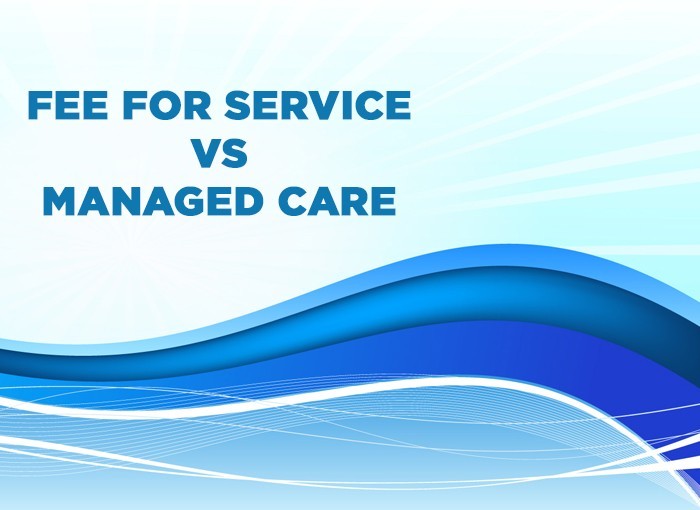What is the Difference Between Fee for Service and Managed Care?
Modern healthcare grew out of a wish to change the traditional health care system, or in other terms fee-for-service method for health care. If a person has managed care they belong to a health insurance plan that contracts with medical providers to provide facilities at a reduced cost. To understand either fee for service or managed care, or which one is better, it is important to understand each of them in detail.
What is meant by Fee-for-service or FFS?
It is a traditional payment model used by healthcare professionals, where the physicians or healthcare professionals are paid based on the number of treatments, services, and procedures performed or provided to the patients. In this model, healthcare professionals are paid by the government agencies and insurance companies whenever patients go for appointments or have surgical consultations/ or stay in hospital due to any reason.
With FFS, the patients can go to see any physician they want, whenever they require treatment. Patients can see any specialist whenever they like, though some specialists prefer a referral from a general practitioner. Doctors and other medical professionals are compensated regardless whether the results of tests or procedures are negative or positive. Under FFS after paying the yearly deductible, the patients are probably required to pay the physician’s bill up front. Later, they would submit a claim to be reimbursed for a certain percentage of the amount (usually 80 percent).
What is Managed care?
The federal government has designed “Managed care” to control the cost variations, utilization, and quality of healthcare services. This is a health care delivery system in which managed care has contracts with other healthcare care providers to provide healthcare services at a reduced cost. It rewards doctors for cooperating during patients’ consultations and appointments.
The main motto of managed care is to emphasize advancing the quality of care given to the patients. This model has the potential to reduce healthcare costs and make the patients financially relaxed. Managed care organizations reduce the costs by limiting the choice, such as providing a list of doctors, labs, and hospitals. Even healthcare providers are provided with a list of medicines to use. Usually, a person enrolled in these insurance plans can expand their choices if they are willing to pay more amounts. It provides value-based reimbursements that motivate medical professionals to connect with patients and provide the best care possible depending upon the individual’s circumstances. It also allows patients to receive quality health care services at coordinated, cost-efficient, and effective rates.
Some of the benefits of managed care are:
- Attracting more patients
- Boost patient satisfaction
- Reducing medical errors
- Reduces the hospital readmissions
- Improving the patients’ healthcare results
- Increasing healthcare options for patients
- Providing healthcare services at low cost
The difference between FFS and managed care:
Choosing a physician:
With FFS, a person can visit any physician’s office of their choice. While with managed care there is a strong financial incentive to consult with only those physicians who are covered under the managed care plan.
Choosing a Specialist:
With FFS, a person can choose any specialist they like. With managed care, they are referred to a specialist only if their physician determines it necessary.
Patient satisfaction:
With FFS, patients are themselves responsible for checking a physician’s qualifications and credentials as well as for making sure that they are getting appropriate treatment once under a physician’s care.
With managed care the plan takes on some of the responsibility of determining whether doctors are qualified when it invites them to join the network. It facilitates the implementation of “best practices” so that a person feels healthy, relaxed, and satisfied after getting their healthcare services.
The Scope of regular or periodic checkups:
With FFS, cancer screening tests like mammograms are not covered while with managed care the period check-ups are paid by the active insurance plan and accompanied by reminders for a regular screening test that are also covered.




